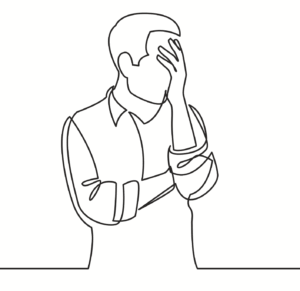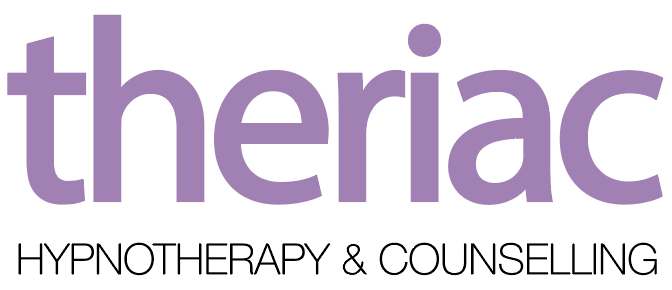SAD – What is Seasonal Affective Disorder?
What is SAD?
As the season changes, the nights draw in and the days get shorter it has a massive effect on some people’s mental wellbeing. SAD or Seasonal Affective Disorder so what is it?
SAD is also known as ‘winter depression because the symptoms are usually more severe during winter. Some people with SAD may have symptoms during the summer and feel better during the winter.
4-6% of people suffer from SAD. Women are 10% more likely to suffer from SAD than men.
It has also been stated that people who have lived close to the equator before moving to the UK appear to be particularly at risk of experiencing SAD.

Symptoms
- A persistent low mood
- Lack of energy
- Irritable
- Craving carbohydrates and gaining weight
- Feelings of despair
- Decreased sex drive
- Lack of concentration
- Sleeping longer and finding it difficult to get up in the morning
- Lack of interest in normal activities
- Suicidal thoughts
So, what causes SAD?
It is not fully understood what causes SAD, however, its often linked to the reduction in exposure to sunlight during the shorter days. The main theory is that the lack of sunlight might stop a part of the brain called the hypothalamus from working properly, which may affect the:
- The production of melatonin – melatonin is the hormone that makes you sleepy: people with SAD, the body may produce higher than normal levels
- The production of serotonin – this hormone affects your mood, appetite, and sleep. Lower levels are linked to depression.
- Lack of Vitamin D – Vitamin D helps us stay awake and alert as well affecting our mood.
- Your circadian rhythm or internal body clock. Our bodies use sunlight to time various functions such as when to wake up, with the reduced hours of sunlight our body clock may be disrupted leading to symptoms of SAD.
How do you treat SAD?
If suffering from symptoms you need to contact your GP, some of the treatments are
- Lifestyle – Getting outdoors, natural sunlight and exercise. Reduce any stress levels.
- Talking therapy – CBT or counselling
- Medication – Anti-depressants such as selective serotonin reuptake inhibitors (SSRIs)
- Light therapy – A light box that stimulates sunlight
- Relaxation – Hypnotherapy







